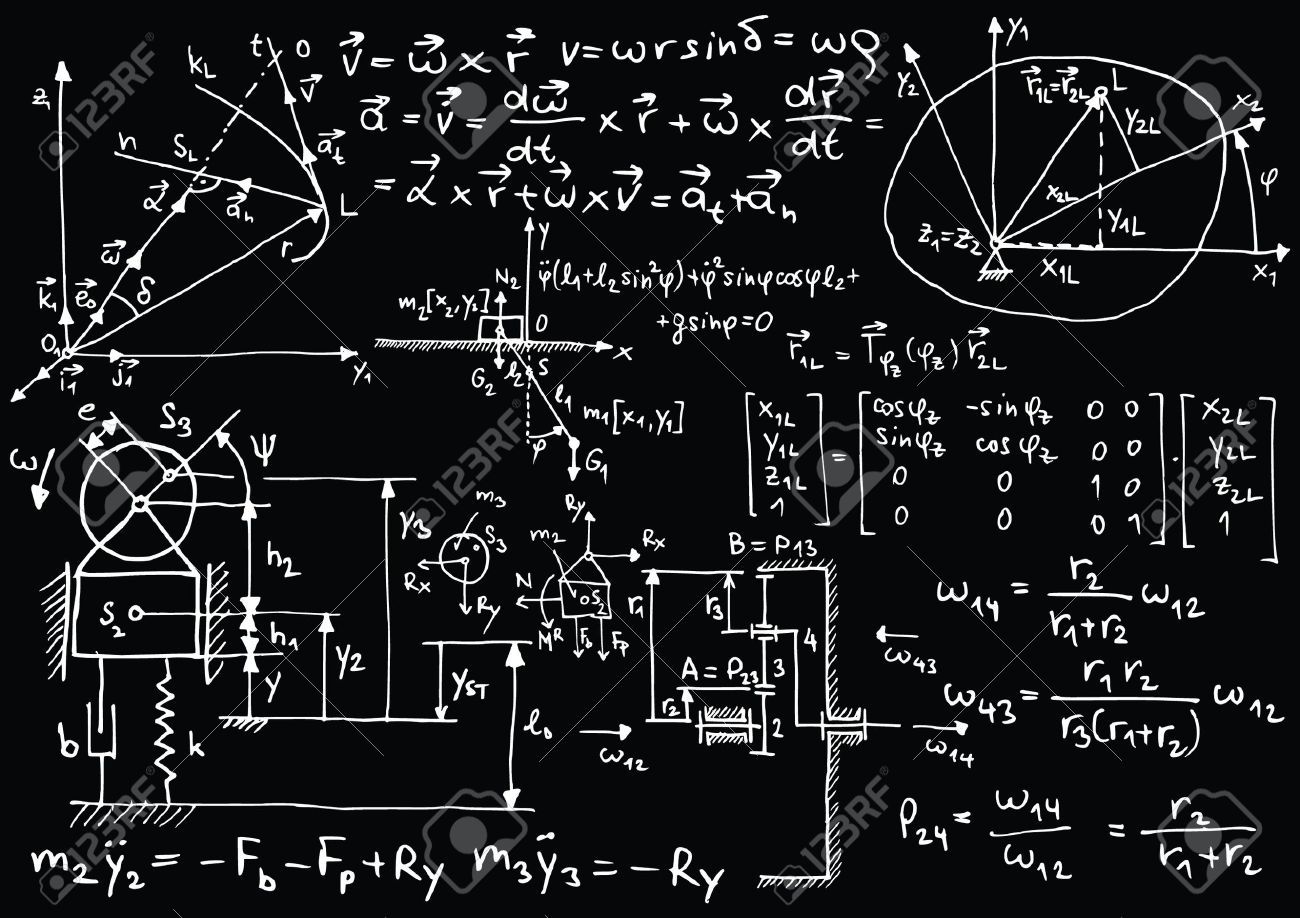Holding my breath I knocked on the door. Waited. I knocked again. This time a softly spoken “yes” came back; I gripped the door handle and I went in.
The head of the Mathematics Department, the Prof, looked up and carefully put his Parker pen down. He was the first real mathematician that I had met. His room was lined with large glass fronted bookcases that bulged with mathematics journals. The only window in the room and it let the autumn light shine onto his desk. I was in awe. He sat upright in his neatly tailored light tweed jacket that he filled. As he started to tidy away the papers from the top of his desk and he looked up. I had never been this close to the Prof, he was usually several rows away in a lecture theatre, and the neatness of his black hair and the strong cheek bones made him look younger than he probably was. His intense eyes passed through his dark rimmed glasses and held me under scrutiny.
After completing an Engineering degree and a “year out” to earn some money I had decided that I really wanted to study Applied Mathematics. I enjoyed thinking engineering problems and then using mathematics to develop practical solutions. The course at Cranfield Institute of Technology ( now called Cranfield University ) was a two year conversion course that was developing me to Masters level in Applied Mathematics. But I was now in the orbit of real mathematicians and struggling.
The Prof had was an expert in partial differential equations which he had studied at Cambridge. These equations cover a wide range of applications but his speciality was in working out how molten steel flowed in castings. The technique of casting is used to shape components used in the everyday objects that we use from printers to aeroplanes.
I was good at applying formulae to solve mathematical problems but was hitting a brick wall with his homework. I started to take the Prof through my attempts at solving the problems, explaining the different formulae that I had tried to apply. Suddenly he sat back in his chair and in a frustrated voice said “Your not an Engineer now, you’re a Mathematician!” His outburst came as a shock after all I felt I was a mathematician wasn’t I on the course! We started going through the first problem and he pushed me to think harder about the properties of the problem: what were the equations telling me ?, could they be rearranged to see a better solution ?, could they be simplified to get a start on the solution ?, had I solved similar problems in the past ?, could I solve one small part of the problem and then build my way back to solving the original problem ? We moved through each problem and with his encouragement I started to learn that it was more important to understand the problem and play with ideas about solutions rather than simply apply formulae. Closing his door behind me I felt that I had been shown the first steps in becoming a mathematician and that the real work was ahead.
I still keep up with the latest developments in applied mathematics and when I start to think about an engineering related problem a sense of excitement begins as I let my imagination play with the equations. At the back of my mind is the Prof’s words steering me away from beaching on the shores of applying formulae.
